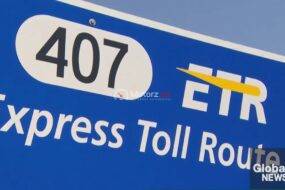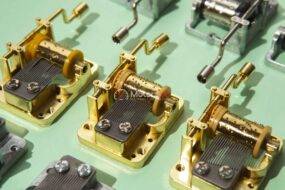In an era of rising fuel prices and growing environmental concerns, mastering the art of Fuel Efficiency 101 How to Save Money at the Pump has become essential for both personal finances and the planet. The way you drive and maintain your vehicle can significantly impact your fuel consumption, ultimately saving you money and reducing your carbon footprint. This article delves into the basics of offering practical tips to help you get the most out of every gallon of fuel you put into your vehicle.
Smooth Driving Habits
One of the fundamental principles of fuel efficiency is maintaining smooth driving habits. Avoid sudden accelerations and harsh braking, as these actions consume extra fuel. Gradual acceleration and deceleration not only save fuel but also enhance the safety and longevity of your vehicle’s components.
Proper Vehicle Maintenance
Regular vehicle maintenance plays a pivotal role in ensuring optimal. Keep your engine tuned, change the air filter as recommended, and maintain proper tire pressure. A well-maintained engine operates more efficiently and burns fuel more effectively.
Lighten the Load
Clean out your trunk and remove roof racks when they’re not in use. Every extra pound your car carries reduces its , so travel light whenever possible. Carrying unnecessary items in your trunk adds extra weight to your vehicle. This additional weight makes your engine work harder and consumes more fuel.
Plan Your Trips
Combine multiple errands into a single trip to avoid unnecessary driving. Efficient route planning can help you cover all your tasks with minimal backtracking and wasted fuel. Consider using navigation apps that offer real-time traffic updates to navigate congested areas effectively.
Use Cruise Control
On highways, cruise control can help maintain a consistent speed, which can improve by preventing unnecessary acceleration and deceleration. However, avoid using cruise control on hilly terrain, as it may cause your vehicle to downshift more frequently.
Choose the Right Fuel
Using the recommended fuel for your vehicle ensures optimal performance and efficiency. While premium fuel might be necessary for some high-performance vehicles, most cars run efficiently on regular unleaded gasoline. Using a higher octane fuel than recommended usually doesn’t provide any significant benefits and may even reduce Fuel Efficiency.
Aerodynamics Matter
Minimize aerodynamic drag by keeping your windows rolled up when driving at high speeds and removing external accessories that create resistance. An open sunroof or windows can disrupt the airflow and reduce your vehicle’s Fuel Efficiency.
Idle Wisely
Idling consumes fuel without any significant movement. If you anticipate being stationary for more than a minute, such as at a drive-thru or during a long wait, it’s more efficient to turn off your engine and restart it when you’re ready to move again.
Regular Oil Changes
Using the right type of motor oil and keeping up with regular oil changes can help your engine operate more efficiently. Clean and adequately lubricated engine components lead to reduced friction and improved fuel economy.
Consider Hybrid or Electric Options
Save Money at the Pump If you’re in the market for a new vehicle, consider the growing array of hybrid and electric options. These vehicles are designed to maximize and minimize emissions, helping you save money on fuel in the long run while contributing to a cleaner environment.
Conclusion
Fuel Efficiency Incorporating these Save Money at the Pump practices into your driving routine can lead to significant savings at the pump and a reduced carbon footprint. From adopting smooth driving habits to staying on top of vehicle maintenance, each step contributes to more efficient fuel consumption. By becoming a conscious and responsible driver, you not only save money but also play your part in creating a more sustainable future for generations to come.





